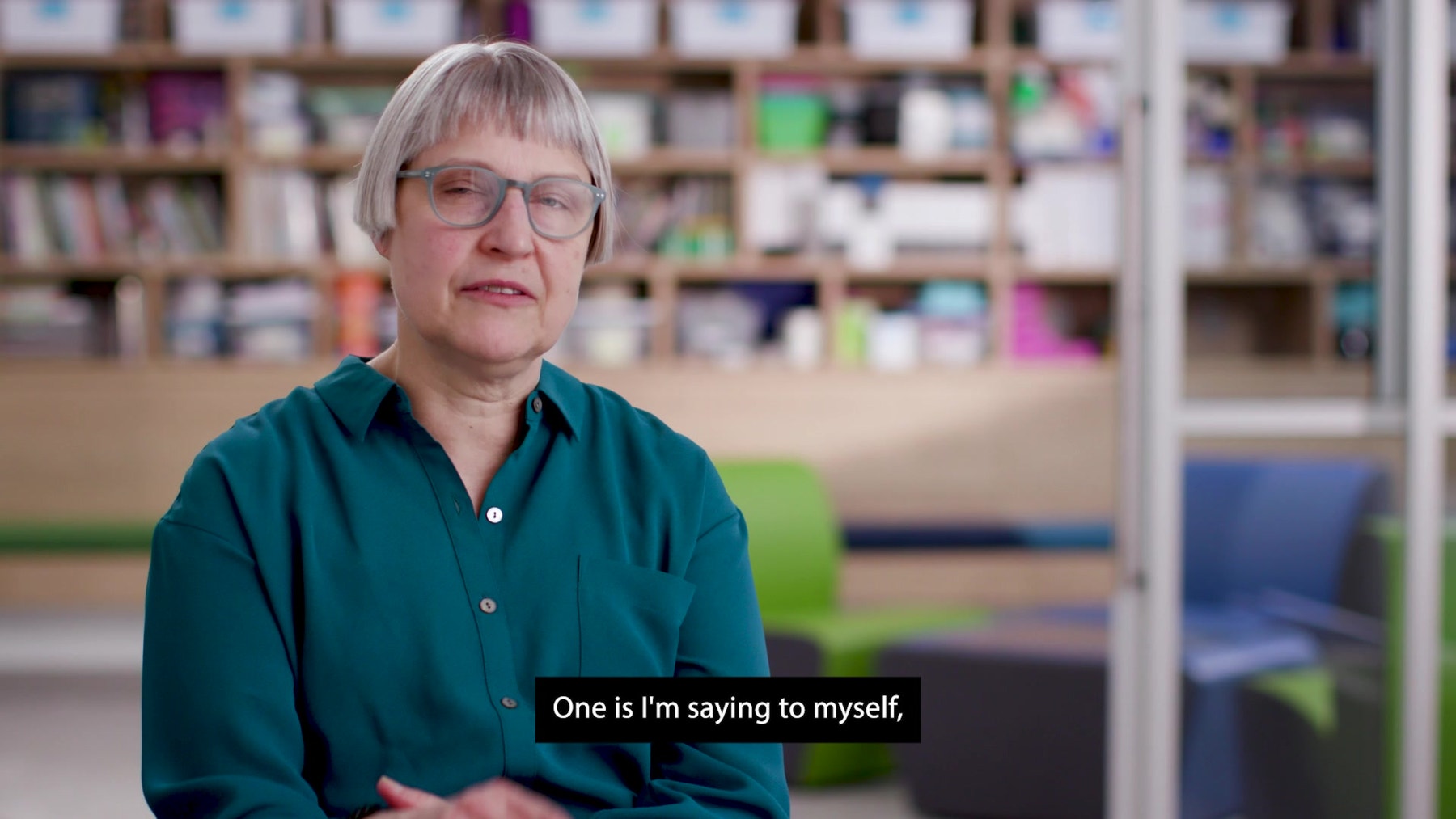LEGO® Education
SPIKE™ Essential
- LEGO® EducationSPIKE™ Essential
- Implementation Tips
Classroom Management
Preparation
- App: Download the LEGO® Education SPIKE™ App and units. Review the Start tutorials.
- Sets: Unpack, sort, label, and number the sets. Update the SPIKE Prime Hub firmware.
- Storage: Consider how to conveniently store the sets (e.g., cabinet or wheeled cart) and how you’ll charge the Hubs after use. Store replacement packs separately for when elements go missing.
- Tools: Gather tape, yardsticks, cardboard, scissors, and student
handouts. - Space: Clear the tables for working. Use the floor for testing and
running programs. - Lesson planning: Run through a lesson as if you were a student.
Refine and prepare to teach the lesson to your students.
Best Practices
- Rules: Create classroom rules for hands-on work (e.g., only use elements from one set, use storage box lids as trays for working on/presenting/transporting models, ask peers for help first, guidelines for speaking/listening vs. working).
- Tidy-up: Reserve time for students to store or disassemble their
creations. - Lost & found: Create a “lost & found” jar for LEGO elements found on the floor. Students missing an element should look in the jar.
- Evaluation: Evaluate your lessons and reflect on the experience. Compare notes with a colleague or
- search social media for tips and tricks.
- Checking & sorting: Check and sort the sets regularly. Use the element overview on side 2 of the top card inside the storage box as a checklist.
- Prepare students: Allow time for your students to explore the tutorial activities under Start in the app.
- Grouping: Decide the best way to group your students for effective collaborative learning.
Example: See how one teacher groups her students for successful collaboration.

Lesson Preparation & Delivery

Example of a Standards-Based Lesson
In the Spinning Ferris Wheel lesson, the team of minifigures wants to ride the Ferris Wheel together. How can your students help them? In this lesson your students will:
- Modify an existing solution to make it work properly
- Practice helping a story character
- Describe key ideas or details from a text
Standards Mapping
Computer Science Teachers Association
- CSTA 1A-AP-14: Debug (identify and fix) errors in an algorithm or program that includes sequences and simple loops.
Next Generation Science Standards
- NGSS K-2 ETS1-3: Anaylze data from tests of two objects designed to solve the same problem to compare the strengths and weaknesses of how each performs.
Common Core
- CCSS.ELA-LITERACY.SL2.2: Recount or describe key ideas or details from a text read aloud or information presented orally or through other media.
- CCSS.MATH.CONTENT.2.G.A.3: Partition circles and rectangles into two, three, or four equal shares, describe the shares using the words halves, thirds, half of, a third of, etc., and describe the whole as two halves, three thirds, four fourths. Recognize that equal shares of identical wholes need not have the same shape.
Community Product Support
Teacher Tips
Ask questions and get answers from other educators.
Note: The link above leads to a platform requiring login via LEGO® ID. If you don’t have a LEGO ID, you’ll be prompted to create one.